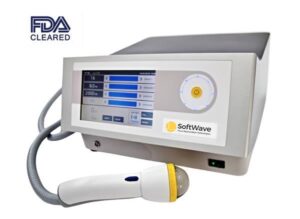Sexual Health Treatments Offered by Femina Physical Therapy

Blog
Persistent Genital Arousal Disorder (PGAD) | What is it and How Can Pelvic Floor Therapy Help?
Persistent Genital Arousal Disorder (PGAD) is a condition that is poorly understood. Persistent Genital Arousal Disorder is a rare disorder most commonly seen in those
September 4, 2020
No Comments

Blog
Participate in a High Quality Study Using Shockwave Therapy for Painful Intercourse
Learn about low intensity shockwave therapy for painful intercourse (dyspareunia) Our team at Femina Physical Therapy is committed to providing the highest level of evidence-based
August 22, 2023
No Comments
